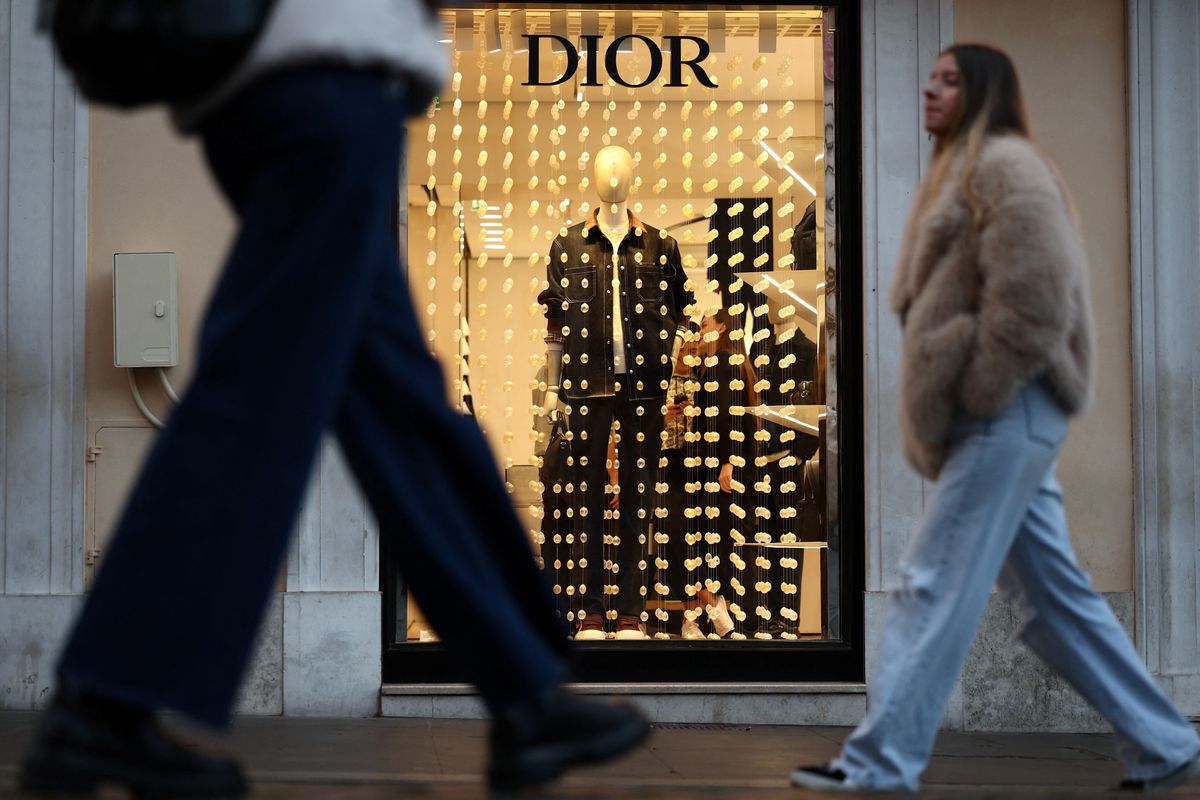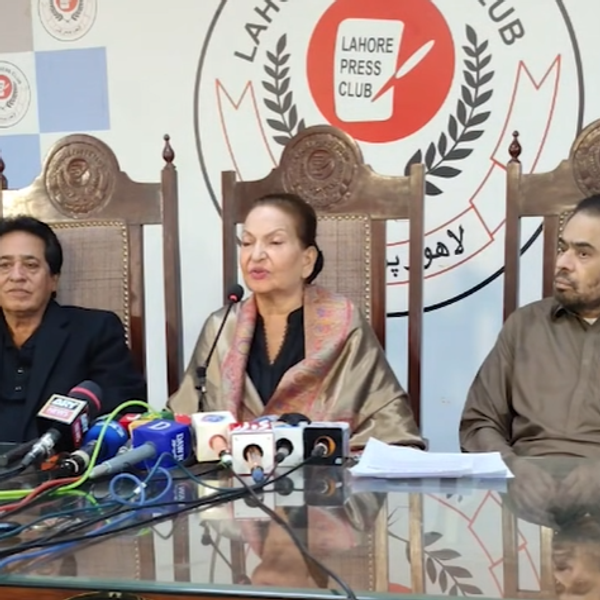What are luxury brands' broken audit systems missing?
Dior contractor cleared two social inspections in 2023 before police found undocumented workers in illegal sweatshop
Reuters
News Agency Partner
Reuters is a leading source of news and information, delivering fact-based reporting and expert analysis on international events and trends.

People walk past a Dior shop in Rome, Italy, December 18, 2024.
Reuters
Contractors commonly clear premises of unauthorized workers before pre-announced audits
Milan prosecutors placed Dior under court administration, citing ineffective supply chain oversight
Italy produces 50-55% of global luxury clothing and leather goods, per Bain consultancy
LVMH-owned Dior's production arm in Italy, Manufactures Dior, relied on formal inspections to assess working and safety standards inside its supply chain last year. In some cases, such certifications missed glaring problems, a Reuters review of unpublished court documents has found.
AZ Operations, a sub-contractor of Manufactures Dior tasked with the production of leather items and based near Italy's fashion capital Milan, was accused by Italian prosecutors in June of being a front for an operation that exploited workers.
However, AZ Operations passed two environmental and social inspections in 2023, in January and July, according to unpublished audit documents reviewed by Reuters.
Widespread Milan investigations have uncovered malpractice inside the Italian luxury goods supply chain of Dior, Giorgio Armani and Alviero Martini this year, Reuters has previously reported.
In the case of AZ Operations, a three-page assessment on letterhead from compliance management company Fair Factories Clearinghouse (FFC), carried out by monitor Adamo Adriano on Jan. 18, 2023, stated that AZ Operations did not have sub-contractors. The audit listed no irregularities.
Despite passing the audits, a police investigation into its 2023 activities found AZ Operations was "de facto non-existent", according to Milan court documents. Furthermore, police inspections in April 2024 alleged the company was a front for a separate business, New Leather Italy, that exploited undocumented workers in sweatshop-like conditions, the same documents showed.
That discovery was one of the factors that prompted Milan's prosecutors to put Manufactures Dior under court administration in June.
Dior and LVMH did not respond to multiple requests for comment about Reuters' findings, including the audits, and on the process to inspect external manufacturers in Italy.
Dior condemns 'illegal practices'
In a July statement following revelations from the Milan prosecutors' inquiries, Dior said it firmly condemned illegal practices discovered at two of its contractors, saying such unworthy acts contradicted "its values and the code of conduct signed by these suppliers."
Global luxury groups including LVMH usually outsource most of their production to a myriad of external contractors, industry experts say.
Many are based in Italy, famed for its artisanal skills and accounting for between 50% and 55% of the global production of luxury clothing and leather goods, consultancy Bain calculates.
Even though Dior did not directly abuse workers, the mechanism of labour exploitation "was culpably fuelled by Manufactures Dior srl which... did not carry out effective inspections or audits over the years to ascertain the actual working conditions and environment," Milan prosecutors said in the June court documents.
Currently, there is no firm legal requirement in Italy for luxury groups to audit their suppliers. But poor oversight can clash with sustainability claims made to investors and consumers over craftsmanship and corporate and social responsibility standards, leading to reputational risks and in some cases civil liability if workers' exploitation is found within the supply chain.
Brands dictate the depth of the checks and the auditors' scope of action and inspections are often limited to direct suppliers and not to sub-contractors, where the biggest problems usually lie, four auditors and luxury goods supply chain managers Reuters spoke to said.
Owners knew of audits in advance
Audits tend to be planned in advance, allowing suppliers to paint a better picture by, for instance, clearing premises of workers without proper contracts, these people said.
Five Tuscany-based luxury chain workers employed at separate workshops serving major brands confirmed to Reuters workshop owners knew in advance of the audits and would clear their premises and prep staff on what answers to give monitoring teams on the day of an inspection.
"We used to say we only worked four hours a day, as per our (formal) part-time contract," said Pakistani-born Abbas, who works in the leathermaking hub of Prato.
"But how could they think we were making 1,300 bags a day with 50 workers employed only four hours a day?", Abbas, who said he worked 14 hours a day, six days a week, added.
Fabio Roia, President of the Court of Milan, told Reuters that companies don't invest enough in their control systems and don't normally question the extremely cheap prices contractors offer to provide goods or services.
Dior and Armani are still under special judicial oversight as part of the Milan's investigation into labor exploitation.










Comments
See what people are discussing